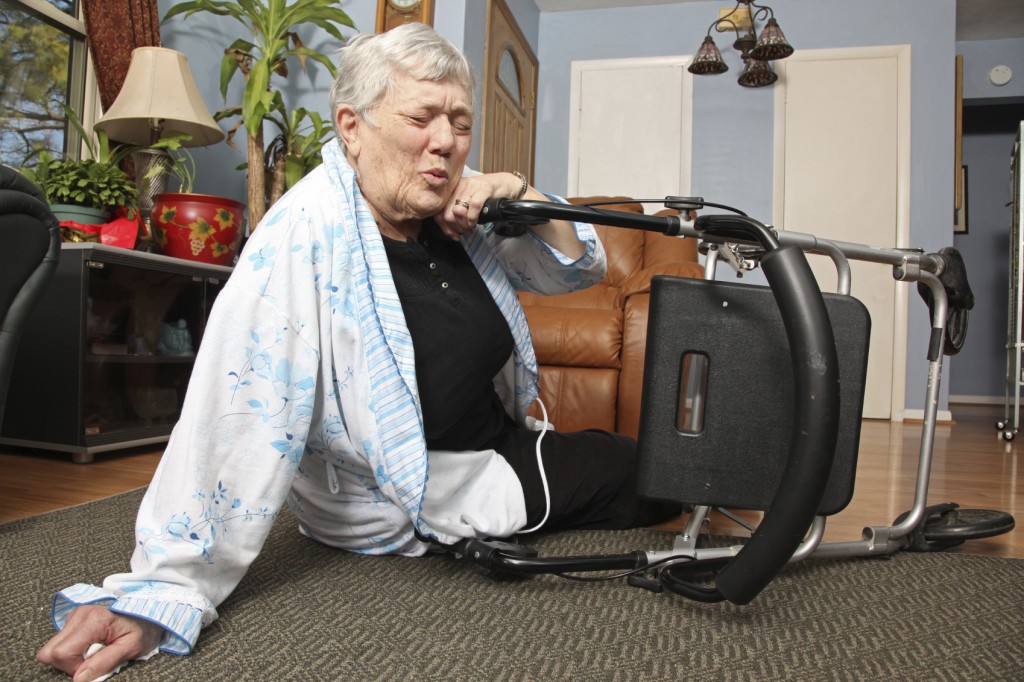 Most families eventually have to deal with a complicated and heart-wrenching question: How do I know when an aging relative needs more help than the family can provide? On the one hand, there are numerous 90-year-olds living completely independent lives; on the other hand, there are lots of people in their 70s and even 60s who find they need more help ifrom day to day.
Most families eventually have to deal with a complicated and heart-wrenching question: How do I know when an aging relative needs more help than the family can provide? On the one hand, there are numerous 90-year-olds living completely independent lives; on the other hand, there are lots of people in their 70s and even 60s who find they need more help ifrom day to day.
This decision causes families grief. No adult son or daughter wants to admit that a parent — who provided life, nurturing and help to the child for so many years — is now in need of care that simply can’t be provided in return.
Does it make sense to drive back and forth between homes several times daily to make sure your loved one is eating enough, when a care facility would be able to feed him or her on time, every time, every day? Can you afford to take time off your job to provide the level of care that is needed? How much time, given that the situation likely won’t improve? Are you even able to provide the skilled level of care that is required?
Maybe your loved one is still mostly independent, but is showing worrying signs such as forgetfulness or confusion. Are there care options available for those who don’t need constant attention? In this section of our site you can learn about what options are best for you and your loved ones.






